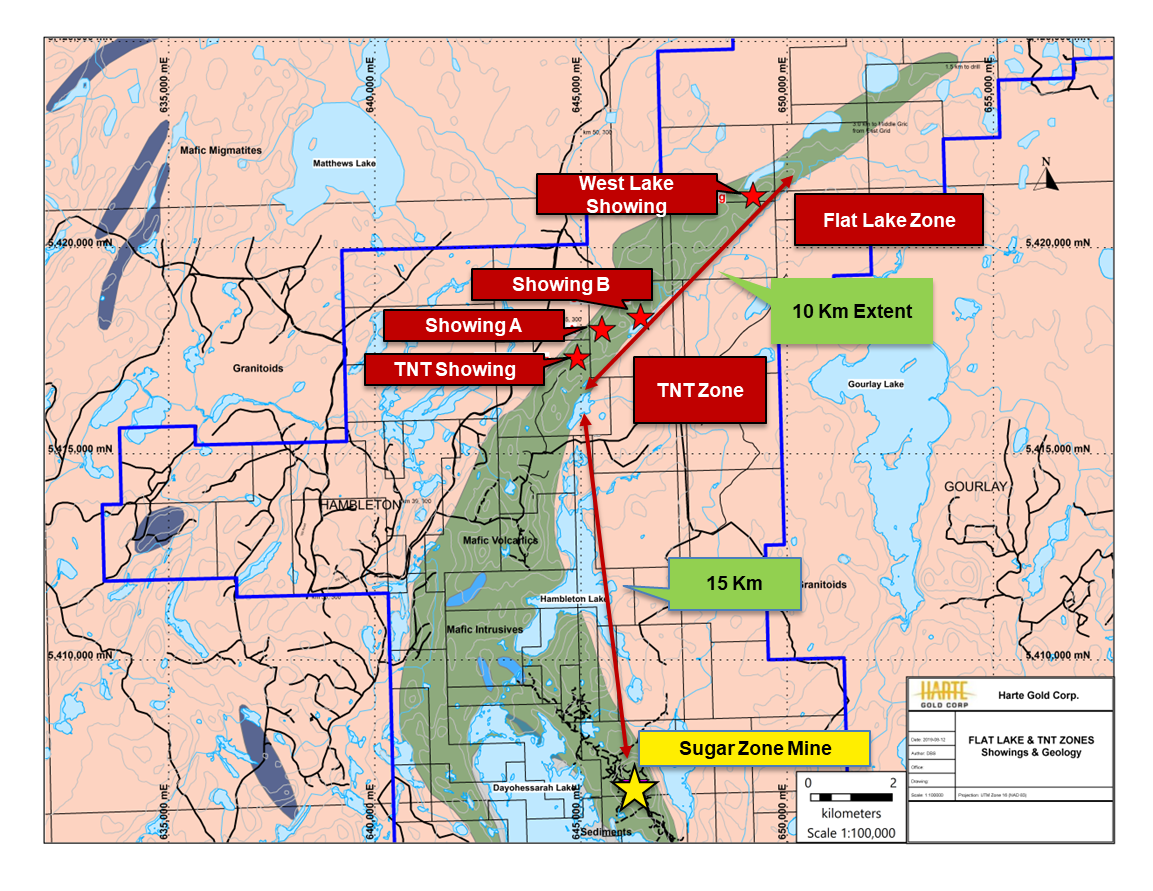LOS ANGELES, Oct. 02, 2019 (GLOBE NEWSWIRE) — Capricor Therapeutics (NASDAQ: CAPR), a clinical-stage biotechnology company focused on the development of first-in-class biological therapeutics for the treatment of Duchenne muscular dystrophy (DMD) and other rare disorders, announced that it will present interim results from the randomized, double-blind, Phase II HOPE-2 clinical trial of CAP-1002 in boys and young men with Duchenne muscular dystrophy (DMD) at the 24th International Congress of the World Muscle Society. The International Congress of the World Muscle Society will be held October 1 – 5, 2019 at Tivoli Gardens in Copenhagen, Denmark.
Dr. Craig McDonald, a professor of pediatrics, professor and chair of the Department of Physical Medicine and Rehabilitation, director of Rehabilitation Services, director of the Neuromuscular Disease Clinics at UC Davis Health and national principal investigator for the HOPE-2 study will present the results. The presentation session will take place on Saturday, October 5th at 2pm local time.
Management will host a webcast and conference call at 8:30 a.m. ET on Monday, October 7 to discuss these results.
To participate in the conference call, please dial 866-717-4562 (domestic) or 210-874-7812 (international) and reference the access code: 8074349.
To participate via a webcast, please visit: https://edge.media-server.com/mmc/p/uenq8x2j. The webcast will be archived for approximately 30 days and will be available at http://capricor.com/news/events/.
About Duchenne Muscular Dystrophy
Duchenne muscular dystrophy is a devastating genetic disorder that causes muscle degeneration and leads to death, generally before the age of 30, most commonly from heart failure. It occurs in one in every 3,600 live male births across all races, cultures and countries. Duchenne muscular dystrophy afflicts approximately 200,000 boys and young men around the world. Treatment options are limited, and there is no cure.
About CAP-1002
CAP-1002 consists of allogeneic cardiosphere-derived cells (CDCs), a type of progenitor cell that has been shown in pre-clinical and clinical studies to exert potent immuno-modulatory activity and is being investigated for its potential to modify the immune system’s activity to encourage cellular regeneration. CDCs have been the subject of over 100 peer-reviewed scientific publications and have been administered to over 150 human subjects across several clinical trials.
About Capricor Therapeutics
Capricor Therapeutics, Inc. (NASDAQ: CAPR) is a clinical-stage biotechnology company focused on the discovery, development and commercialization of first-in-class biological therapeutics for the treatment of rare disorders. Capricor’s lead candidate, CAP-1002, is an allogeneic cell therapy that is currently in clinical development for the treatment of DMD. Capricor is also exploring the potential of CAP-2003, a cell-free, exosome-based candidate, to treat a variety of disorders. For more information, visit www.capricor.com.
Keep up with Capricor on social media: www.facebook.com/capricortherapeutics, www.instagram.com/capricortherapeutics/ and https://twitter.com/capricor
Cautionary Note Regarding Forward-Looking Statements
Statements in this press release regarding the efficacy, safety, and intended utilization of Capricor’s product candidates; the initiation, conduct, size, timing and results of discovery efforts and clinical trials; the pace of enrollment of clinical trials; plans regarding regulatory filings, future research and clinical trials; regulatory developments involving products, including the ability to obtain regulatory approvals or otherwise bring products to market; plans regarding current and future collaborative activities and the ownership of commercial rights; scope, duration, validity and enforceability of intellectual property rights; future royalty streams, revenue projections; expectations with respect to the expected use of proceeds from the recently completed offerings and the anticipated effects of the offerings, and any other statements about Capricor’s management team’s future expectations, beliefs, goals, plans or prospects constitute forward-looking statements within the meaning of the Private Securities Litigation Reform Act of 1995. Any statements that are not statements of historical fact (including statements containing the words “believes,” “plans,” “could,” “anticipates,” “expects,” “estimates,” “should,” “target,” “will,” “would” and similar expressions) should also be considered to be forward-looking statements. There are a number of important factors that could cause actual results or events to differ materially from those indicated by such forward-looking statements. More information about these and other risks that may impact Capricor’s business is set forth in Capricor’s Annual Report on Form 10-K for the year ended December 31, 2018 as filed with the Securities and Exchange Commission on March 29, 2019, and as amended by its Amendment No. 1 to Annual Report on Form 10-K/A filed with the Securities and Exchange Commission on April 1, 2019, in its Quarterly Report on Form 10-Q for the quarterly period ended June 30, 2019, as filed with the Securities and Exchange Commission on August 8, 2019, and in its Registration Statement on Form S-3 as filed with the Securities and Exchange Commission on October 24, 2018, and as amended by its Amendment No. 1 to Form S-3 filed with the Securities and Exchange Commission on July 17, 2019, together with prospectus supplements thereto. All forward-looking statements in this press release are based on information available to Capricor as of the date hereof, and Capricor assumes no obligation to update these forward-looking statements.
CAP-1002 is an Investigational New Drug and is not approved for any indications. CAP-2003 has not yet been approved for clinical investigation.
For more information, please contact:
AJ Bergmann, Chief Financial Officer
+1-310-358-3200
[email protected]

